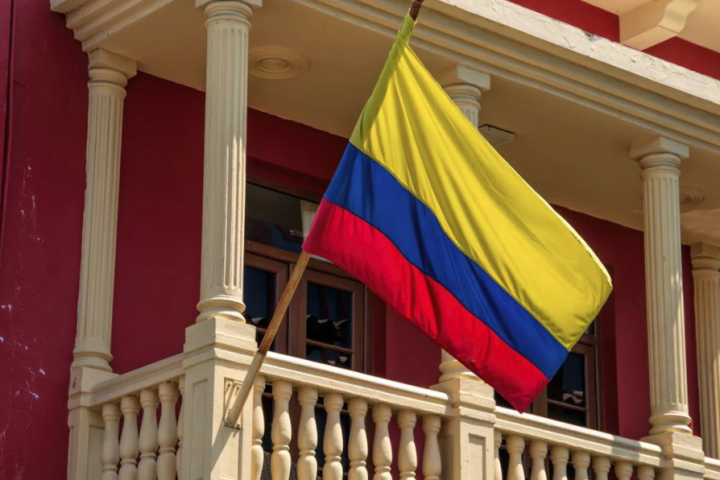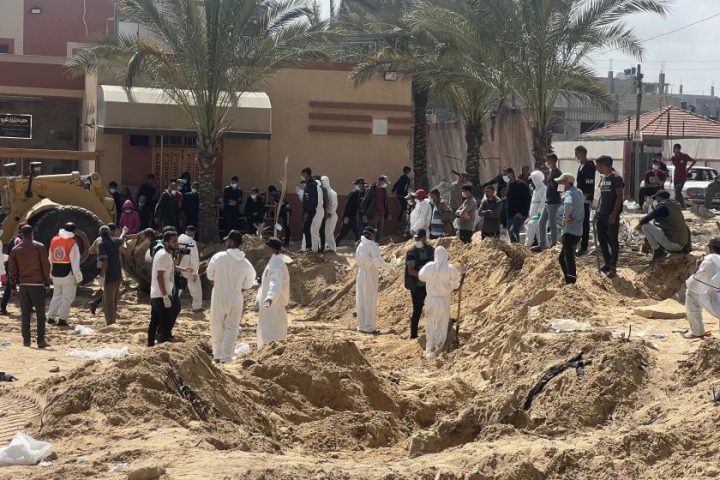The Hague, The Netherlands – Hearings at the International Court of Justice (ICJ) on the legal consequences of Israel’s actions in the occupied Palestinian territories continue. Taking the first floor on behalf of South Africa, Ambassador Vusimuzi Madonsela emphasized that although his country supports the “two-state solution”, the injustice against Palestinians has not ended given the current circumstances.
“The inordinate delay in reaching a just and equitable solution has led to an endless cycle of violence,” Madonsela said, adding that a legal definition of the occupation would help address the delay.
Israel’s Continued Occupation Violates International Law
Madonsela noted that Israel has occupied Palestine for 56 years and has openly defied international law. He emphasized that 30,000 Palestinians have been killed in the last 4 months and that the brutality of Israel’s attacks on Gaza shows that it is also violating the Court’s decisions.
Stating that the international community’s reluctance to hold Israel accountable encourages Israel to continue its attacks, Madonsela said that Israel’s actions are serious enough to be genocidal and resemble apartheid. He argued that Palestine should be allowed to exercise its right to self-determination.
Apartheid Analogy from South Africa
Pieter Andreas Stemmer, General Counsel of South Africa’s Department of International Relations and Cooperation, said that Israel’s occupation and actions violate international law and constitute the crime of apartheid. He emphasized that Israel must “immediately and unconditionally” end its occupation and return Palestinian property.
UN General Assembly Requests Advisory Opinion
On December 30, 2022, the UN General Assembly posed two questions to the ICJ regarding the legal consequences of Israel’s occupation:
What are the legal consequences of Israel’s occupation and its practices?
How do these practices affect the status of the occupation and what are the implications for all states and the UN?
Impact of the Advisory Opinion
Although the ICJ’s advisory opinions are non-binding, they are taken into account by many states and organizations. Following its 2004 opinion on Israel’s wall, many states refrained from contributing to its construction. Following its 2010 opinion on Kosovo’s declaration of independence, the number of states recognizing Kosovo’s independence increased.
If the ICJ’s opinion is that the occupation is contrary to international law, pressure on Israel is likely to increase and countries that openly support it will be forced to reconsider their positions.
Additional Information:
The ICJ’s advisory opinion on the occupation of Palestine is expected in late 2024 or early 2025.
Palestine, the Arab League and many states and organizations also spoke at the hearings.
Israel rejects the ICJ’s jurisdiction and does not participate in the hearings.





